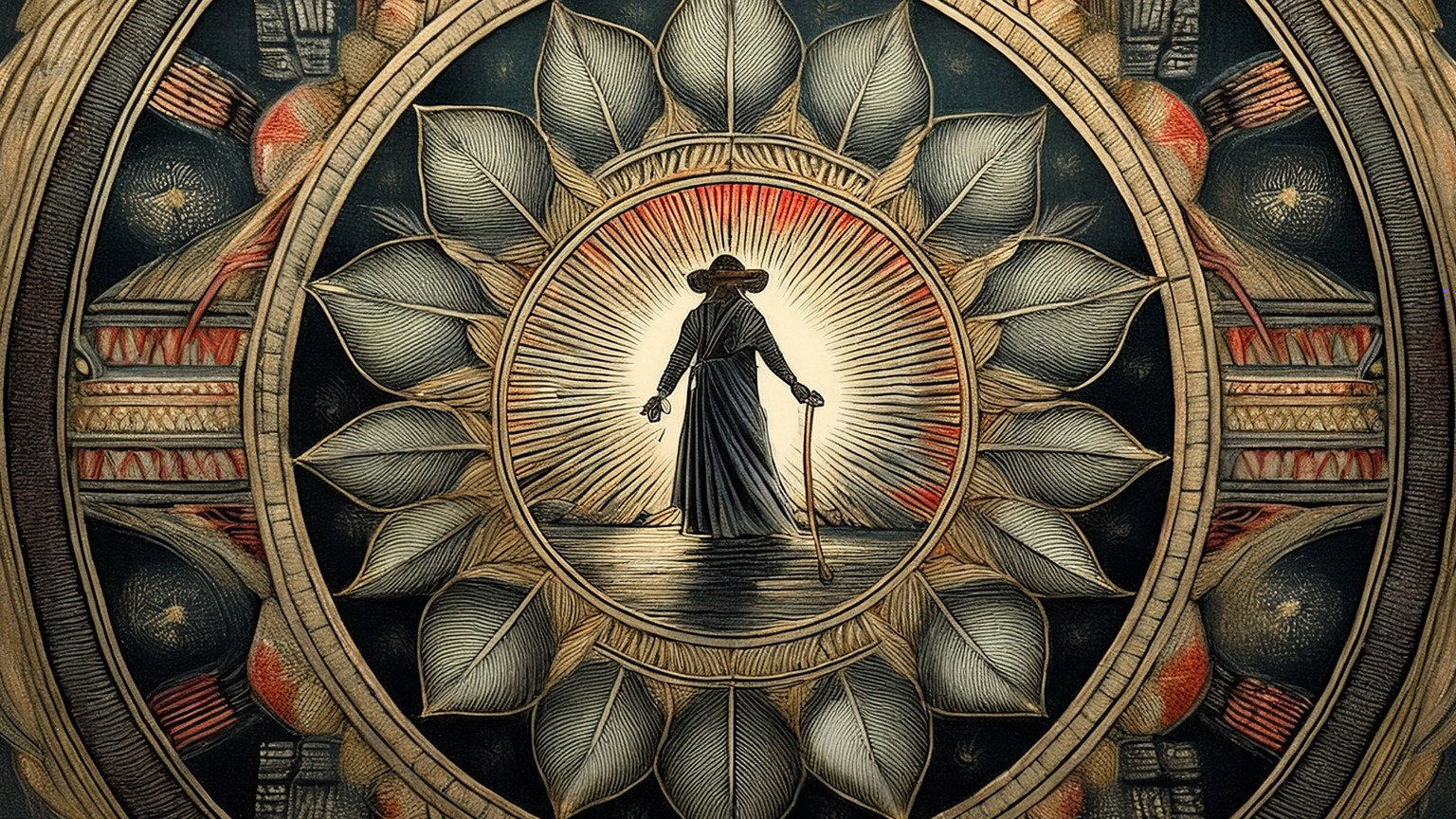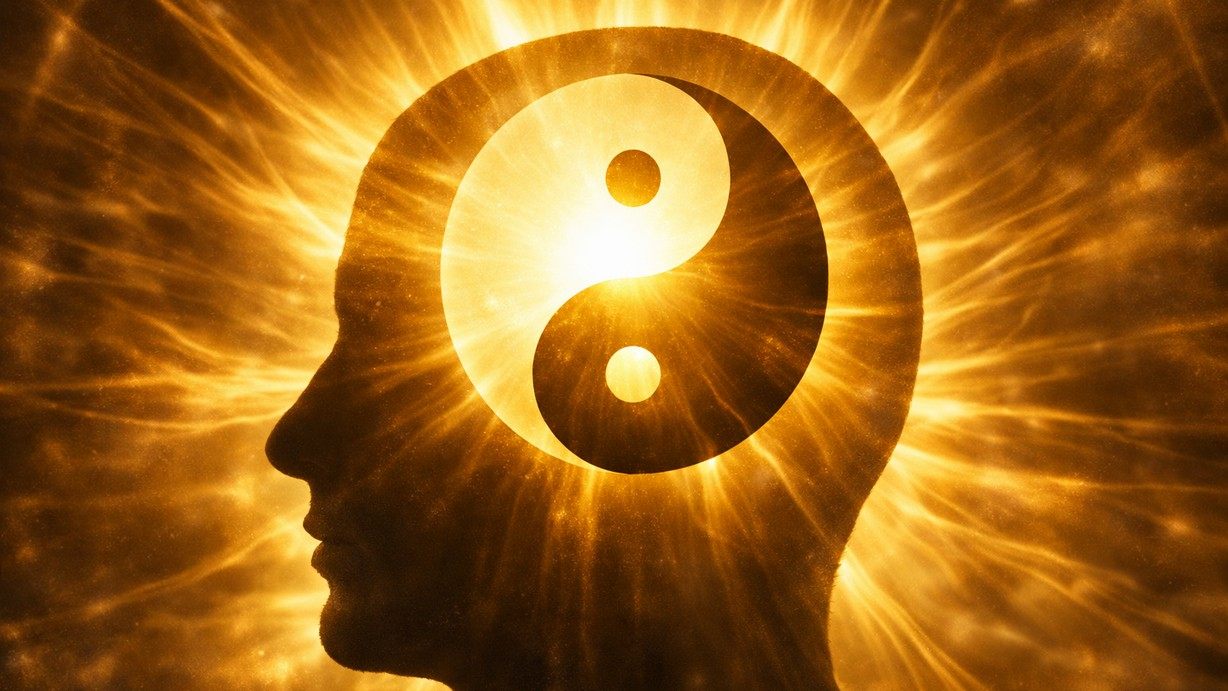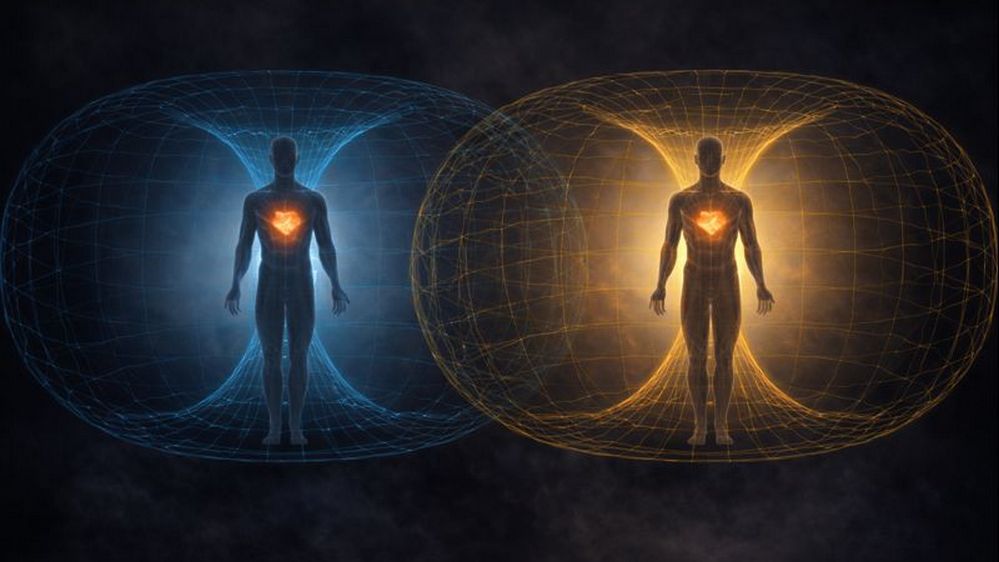When you think of psychic powers, you might picture a crystal ball, a neon sign flashing “Palm Readings,” or someone on late-night TV promising to connect you with Aunt Esther from the beyond.
But if you go digging into Jewish history, particularly the Torah and the Talmud, you’ll find something that looks suspiciously like the original psychic hotline.
Prophets, leaders, and ordinary dreamers seemed to have an uncanny knack for glimpsing the future, warning of coming danger, or decoding the kind of dreams that would stump even Freud.
Let’s take a tour through some of the most intriguing “psychic” moments in Judaism’s ancient writings. Then, you can decide whether these were prophets, mystics, or just really tuned-in human beings.
Joseph – The Dream Whisperer
The Torah’s Joseph might be history’s first recorded dream analyst.
Forget Jung and Freud. This guy was reading subconscious signals long before Vienna had therapists. As a teenager, Joseph had his own flashy dreams: bundles of grain bowing to him, stars and planets tipping their hats.
His brothers were not amused, but those dreams foreshadowed Joseph’s rise to power in Egypt.
Later, Joseph was called out of prison to decode Pharaoh’s troubling visions of fat cows and skinny cows. With a confidence that would make any psychic medium proud, Joseph declared: seven years of plenty, followed by seven years of famine.
Pharaoh was impressed enough to make him second-in-command, effectively running Egypt’s economy. And yes, Joseph’s prediction came true to the letter. It’s hard not to see him as the biblical version of a psychic superstar (minus the velvet robes).
Moses and the Burning Bush
Now, Moses wasn’t exactly reading palms, but he did hear voices…specifically, God’s voice coming out of a burning bush.
It doesn’t get much more mystical than that.
Moses not only predicted plagues and partings of seas, but he also served as the middleman between divine knowledge and human fear.
Moses warned Pharaoh of each plague before it struck. Imagine if your city’s mayor predicted locust infestations, rivers turning to blood, and a blackout of sunlight. You’d either call him a psychic or check his basement for plague-making equipment.
Either way, Moses set the bar for “prophetic warnings” that rattled kings and saved his people.
Deborah the Prophetess
Judaism doesn’t leave the psychic spotlight only for men. Enter Deborah, the judge and prophetess, who led Israel with sharp wisdom and a fearless streak.
She wasn’t just predicting the weather. She foresaw military victories. Deborah told the general Barak that the battle against the Canaanite commander Sisera would be won, but that glory would ultimately go to a woman.
Spoiler alert: she was right.
Sisera met his end at the hands of Jael, who delivered the fatal blow with a tent peg. Deborah’s prediction wasn’t vague or symbolic; it was specific, and it came true.
Psychic? Prophet? Visionary leader? Maybe all of the above.
Daniel – The Dream Decoder of Babylon
If Joseph was the OG dream interpreter, Daniel was his sequel with higher production value. Living in Babylon, Daniel had a reputation for deciphering cryptic dreams and bizarre visions.
King Nebuchadnezzar dreamed of a giant statue made of different metals, and Daniel nailed the interpretation: the statue represented a succession of kingdoms that would rise and fall. Centuries later, historians would recognise the eerie accuracy of that prediction.
Daniel also foresaw apocalyptic events that many still debate today.
Were they predictions about empires? Warnings about humanity’s future? Or was Daniel just really good at connecting the dots in a way that made him look like Nostradamus with a Hebrew accent?
The Talmud’s Take on Dreams
The Talmud, Judaism’s vast collection of teachings, stories, and debates, doesn’t shy away from psychic territory.
Entire sections are devoted to dreams and their meanings.
Rabbi Johanan once said, “A dream not interpreted is like a letter not read.” In other words, dreams were considered messages waiting to be decoded.
Dream interpreters in the Talmud could look at your nighttime vision and tell you whether it meant wealth, danger, or a coming reunion.
One story describes a man whose dream was interpreted as a sign he would inherit riches.
The dream came true. Another described nightmares as sometimes being warnings, opportunities to change behaviour before tragedy struck. For the rabbis, dreams weren’t just random brain static; they were spiritual telegrams from above.
Elijah and Elisha – Prophets on Call
Then there are Elijah and his successor Elisha, prophets with a flair for dramatic foresight.
Elijah predicted a drought, then later its end, with pinpoint timing. Elisha predicted battles, victories, and even the birth of children to women who had long given up hope.
They had a hotline to the divine that rivalled any psychic medium, and unlike fortune tellers who work with vague “someone with an M name” lines, their predictions were laser sharp.
Were They Psychics – or Something Else?
Here’s the big question: Were these biblical figures actually psychics in the modern sense, or were they channelling something altogether different?
Prophecy wasn’t about dabbling in mysticism. It was about transmitting divine messages with a purpose.
But to the modern reader, especially one who grew up with TV psychics or spiritual gurus, the parallels are hard to ignore.
Predictions, visions, dream decoding, voices from unseen realms. It all feels like the ancient world’s version of supernatural ability.
Why It Still Fascinates Us
So why do these stories still captivate us thousands of years later?
Maybe because they speak to a timeless human fascination: the idea that the future is not entirely hidden. Whether through prophets, psychics, or your cousin’s uncanny intuition, people have always craved glimpses of what’s coming.
The Jewish texts provide stories that feel at once mystical and practical, comforting and eerie.
And perhaps the appeal also lies in their accuracy. Anyone can make a vague prediction and claim success later.
But predicting seven years of famine, or naming the exact person who will win glory in battle?
That’s a whole different league.
Final Thought
Whether you call them prophets, visionaries, or biblical psychics, the people of the Torah and Talmud remind us of something deeply human: we want to know what’s coming, we want guidance, and we love a good story about someone who seemed to have one foot in the future.
So the next time you hear about a psychic on TV promising to reveal your destiny, remember: long before there were crystal balls or tarot cards, there were burning bushes, skinny cows, and tent pegs.
And sometimes, those predictions weren’t just entertaining. They changed the course of history.














